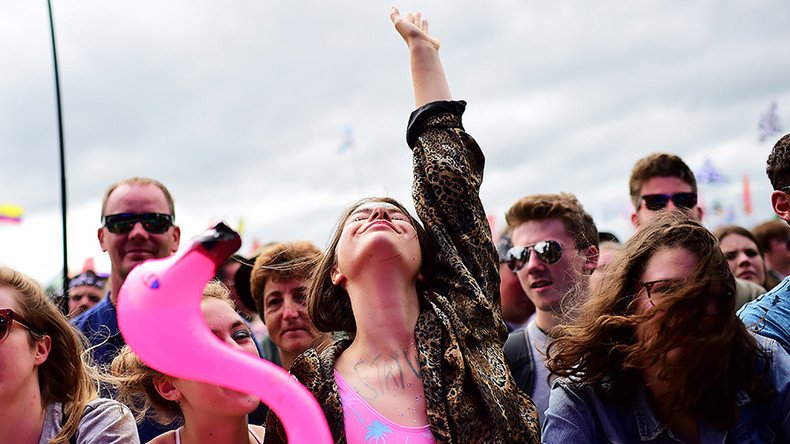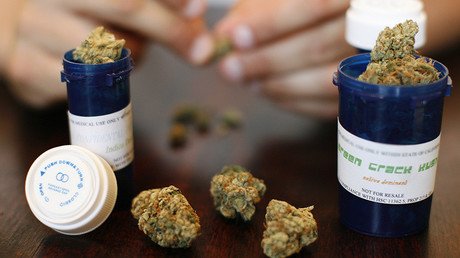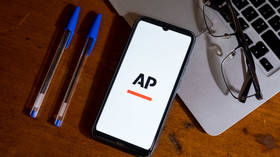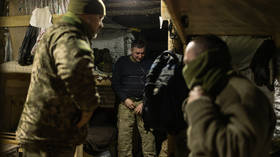UK festival offers to test partygoers' drugs for safe use

A music festival in the UK has begun offering on site drug testing to revelers, where they can check if their dose of cocaine or ecstasy is safe without fear of arrest.
An on-site lab is being run by the charity The Loop at the Kendal Calling music festival, which takes place this weekend (27-30 July) in the Lake District of northern England.
“We accept that some people will get drugs on site and some people will be planning to take them so what we’re doing is trying to address any potential health problems,” said the head of the NGO, Professor Fiona Measham.
Measham says The Loop’s team, which have already pitched their tent at several festivals this year, including Parklife and Secret Garden, say the drug samples people have given them have contained insecticide, malaria medication and even concrete. Around one in five drug users throw their 'stock' away after they find out what’s in it.
The Loop are on site! 1st day of drug safety testing done & now twisting our 🍉 to Happy Mondays @KendalCalling main stage. Rave safe peeps x pic.twitter.com/mdufLEgTrn
— The Loop (@WeAreTheLoopUK) July 27, 2017
The Loop’s campaign comes after a series of ecstasy-related deaths in the UK, including that of 18-year-old Christian Pay at the very same Kendal Calling festival in 2015. The same batch left several other revelers in hospital. More recently, a 26-year-old man died after taking the crystal form of ecstasy, MDMA, in Rochdale this June.
“This is a focus on public health rather than on criminal justice,” Measham added.
The scheme has support from some local police forces, including the West Yorkshire Police.
"We can never condone the use of illegal drugs, but we recognize that some people will continue to take them and we need to adapt our approach in the interests of public safety,” Assistant Chief Constable Andy Battle said in May.
In a few countries like Portugal and Colombia, as well as parts of the United States, drug testing at clubs, festivals and parties already exists, while in the Netherlands would-be ravers can check the quality of their drugs in government-funded labs.
However, The Loop’s work has been criticized by anti-drug activists, who accuse the charity of “normalizing” drug use.
“This normalizes drug taking. Some people go to festivals for the first time and take drugs for the first time,” Daniel Raynes of the National Drug Prevention Alliance said in a statement.
“The drugs they take will not be drugs that have been tested because during the testing process the drugs get destroyed so there will be other drugs available to them. Testing doesn’t make the drugs that people might take at a festival safe.”
While using party drugs like cocaine, ketamine and ecstasy carries its own risks, some experts have argued that the free-for-all nature of the black market means that unscrupulous chemists or dealers might throw in dangerous additives or substitutes if it means they can make a bigger profit. For example, a string of deaths in the UK in 2015 blamed on high-strength ecstasy may actually have been the fault of PMA or PMMA, similar substances which are much more toxic.
The same lack of quality control happened during the Prohibition era in America, when thousands of people died from drinking poor-quality or adulterated moonshine, the so-called “bathtub gin”. On New Year's Day 1927, 41 people died from alcohol-related poisoning in New York City alone.















